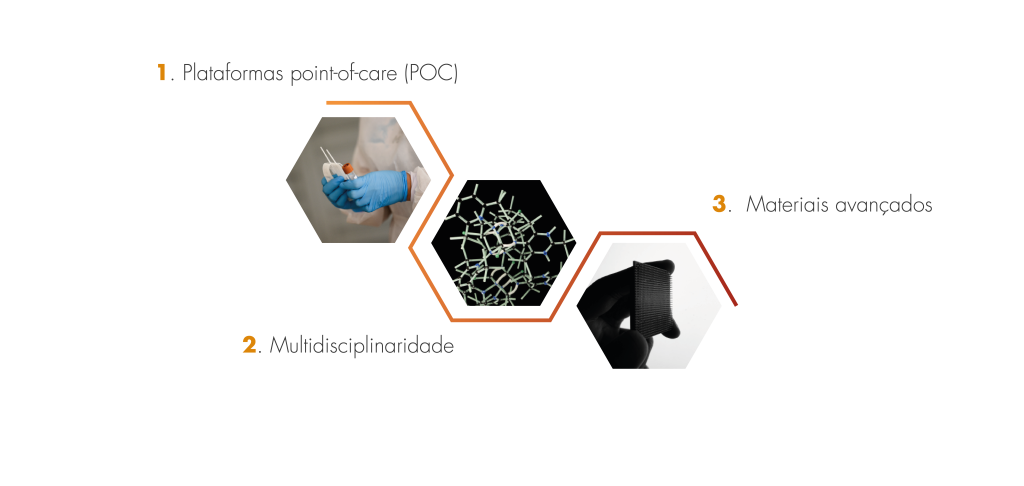Ordinance GM No. 4.680, of April 20, 2021, issued by the MCTI, sets out research, technology, and innovation programs, plans, and projects aimed at improving the well-being of Brazilians and increasing their life expectancy as a priority. In this context, LNNano’s Sensors and Biosensors program aims to develop point-of-care (POC) platforms that can streamline, decentralize, and simplify the entire clinical diagnostics chain, shortening time and distance and reducing costs. POC platforms must be portable, simple, and fast, in addition to generating high clinical accuracy and enabling remote monitoring via cell phones. POC analyses contribute to effective prognosis, early treatment, and precision medicine. How can we generate platforms that combine simplicity, speed, large-scale production compatibility, and portability with good clinical performance to generate technologies that can be used in clinical practice and benefit the public authorities when designing strategic healthcare actions? This is the core issue of the ‘Sensors and Biosensors’ program and, to answer it, we have developed multidisciplinary research, with expertise in areas such as materials and data science, surface chemistry, and nanotoxicology. Our activities entail the use of advanced nanomaterials and modern tools available at CNPEM for micro/nanofabrication and detailed characterization of nanomaterials and phenomena at the nanoscale.
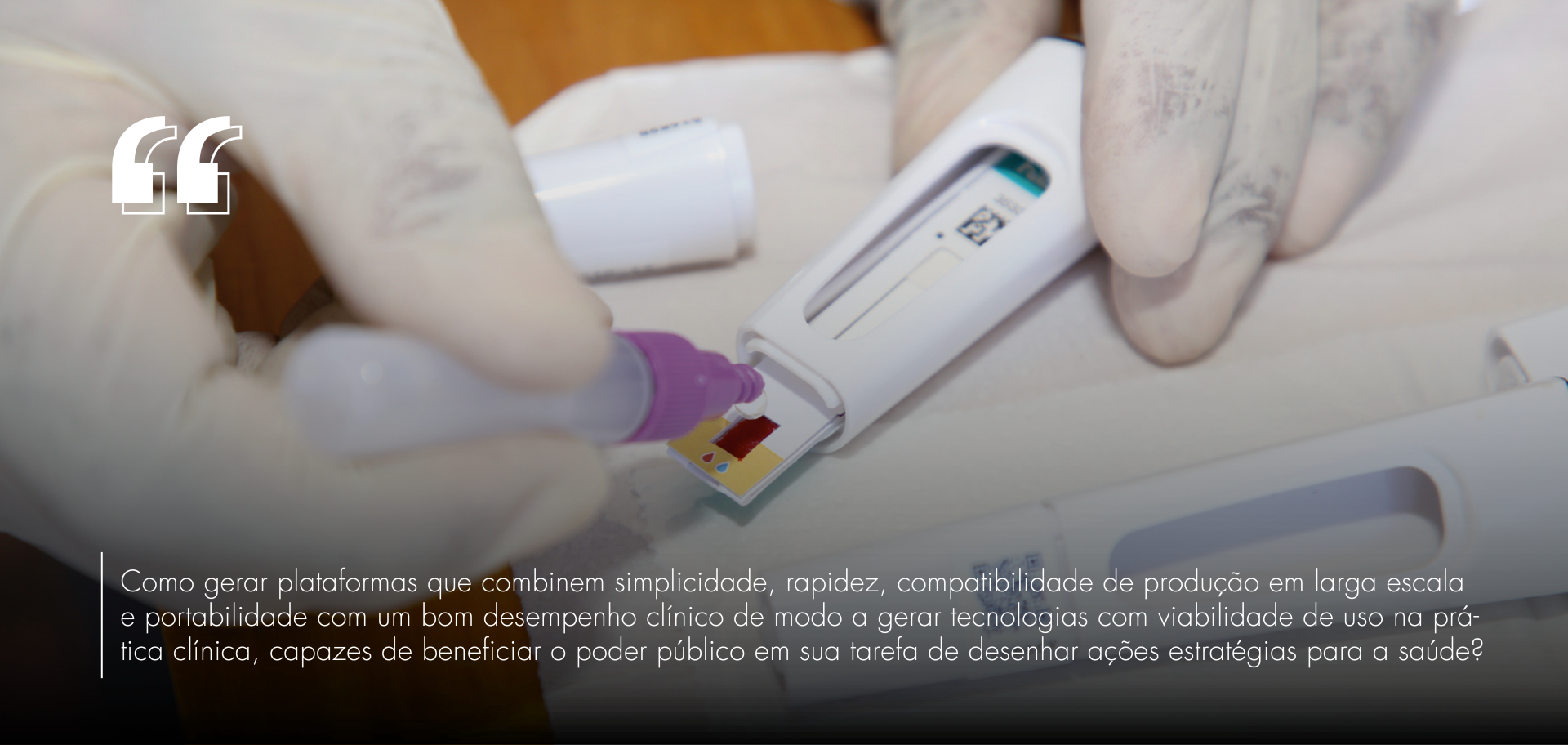
 Projetos
Projetos
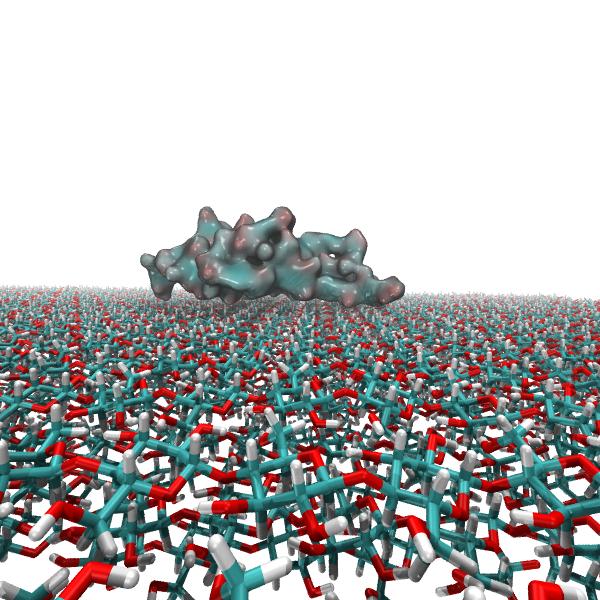
Simulação Computacional
Propriedades eletrônicas e estruturais de materiais celulósicos.
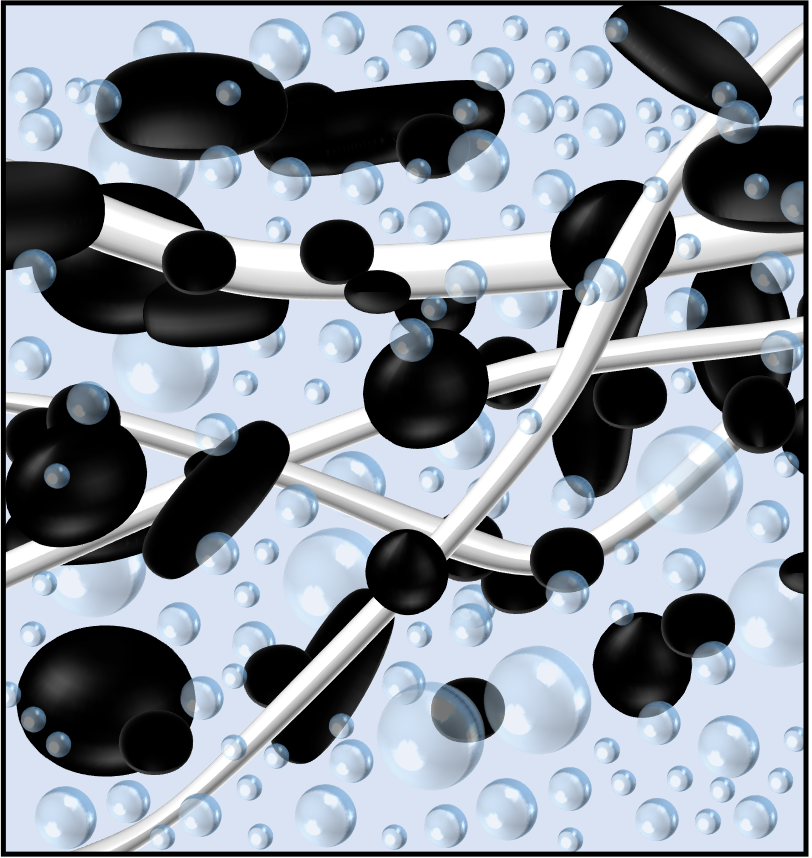
Nanofabricação
Dispositivos a partir de materiais biorenováveis para diversas aplicações.

Auto associação supramolecular
Agregação de nanofibras em sistemas coloidais para a obtenção de materiais avançados.
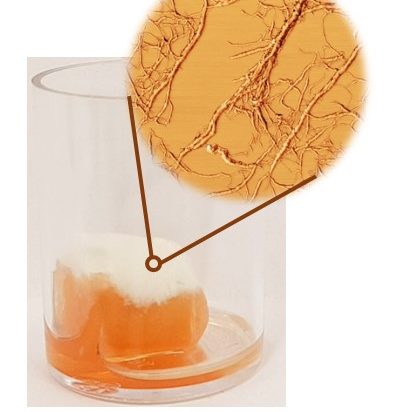
Remediação ambiental
Materiais híbridos de nanocelulose para eliminação de poluentes
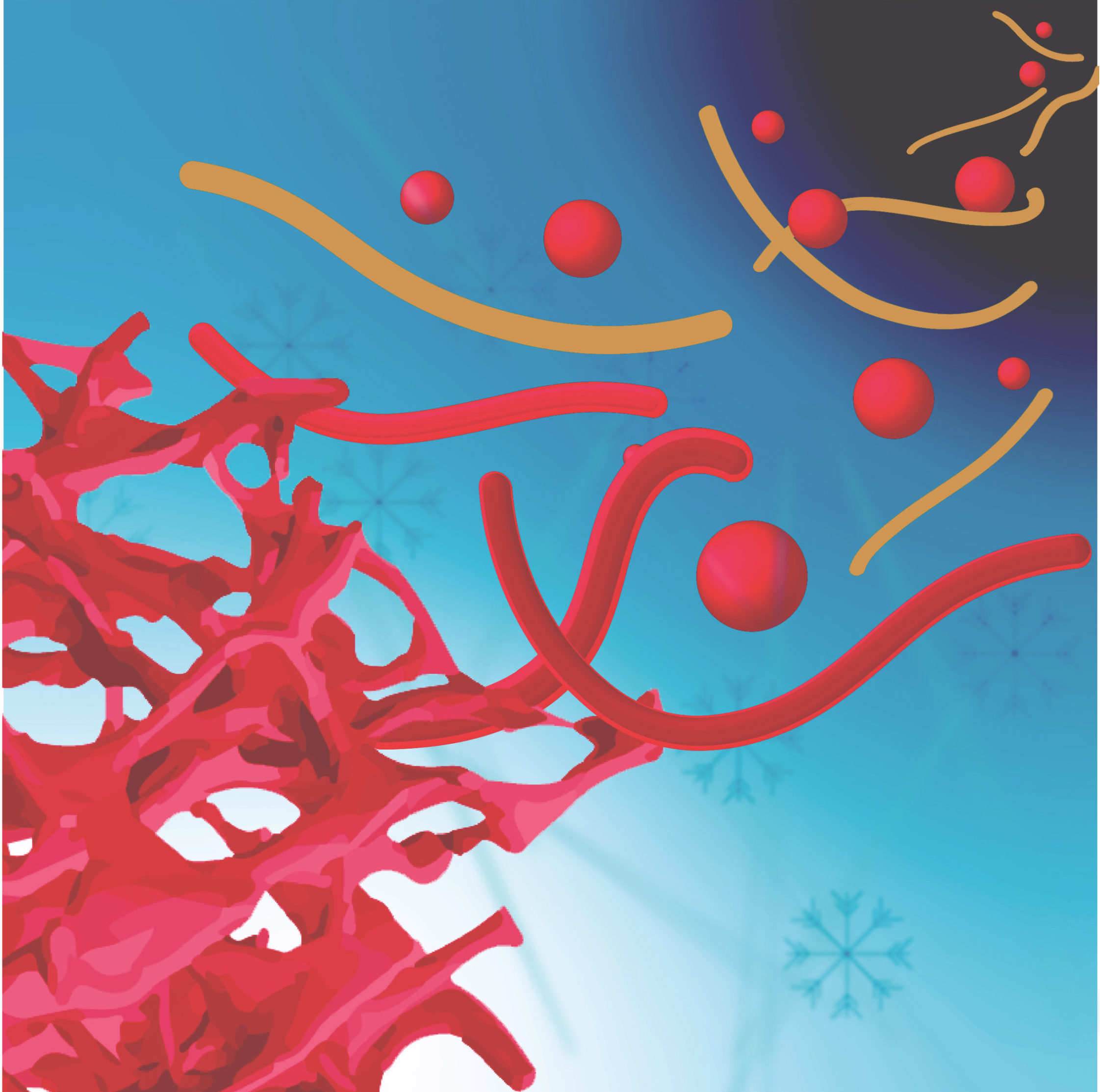
Compósitos
Materiais poliméricos baseados em nanocelulose.

Nanomateriais no Ambiente
transformações, toxicidade e nanoinformática para harmonização internacional.


